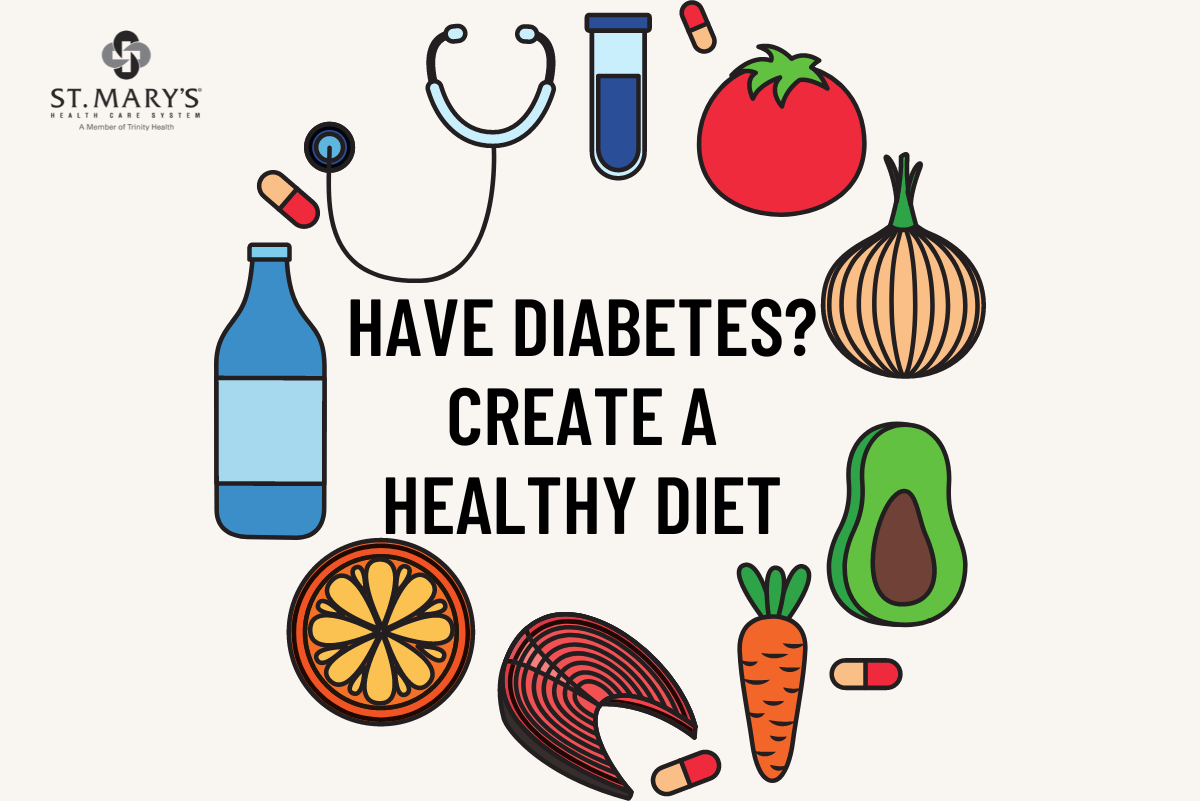How to Create a Diabetes-Safe Diet
March 26, 2023It is important to curate the perfect diabetes-safe diet to help you better manage your blood sugar levels.
If you have diabetes, it can be hard to create a healthy meal plan that aligns with helping manage your blood sugar levels. A diabetes-friendly diet should include foods rich in nutrients and low in fat and calories. Foods that should be incorporated include fruits, vegetables, and whole grains.
Why Is It Important to Develop a Healthy Diet?
The healthy diet will help you better manage your blood sugar levels as well as help manage your weight and control heart disease risk factors. This includes high blood pressure and high blood fats.
If an individual consumes extra fat and calories, the body can experience an extreme rise in blood glucose (sugar). If this is not properly regulated, serious health complications can arise such as high blood glucose levels (hyperglycemia) which can then develop into long term complications such as nerve, kidney, and heart damage.
What Foods are Recommended?
It is important to eat three meals a day at a consistent time. This will help better use the insulin produced in your body or through medication. It is important to include healthy carbohydrates, fiber-rich foods, fish, and “good” fats when creating your healthy diet.
Healthy carbohydrates and fiber-rich foods include fruits, vegetables, whole grains, and low-fat dairy products. Eat heart-healthy fish twice a week. This can include salmon, mackerel, tuna, and sardines which are full of omega-3 fatty acids. Foods with good fats, such as monounsaturated and polyunsaturated fats, include avocados, nuts, canola oil, and olive oil. It is important to not over-do these fats since all fats, good and bad, are high in calories.
What Foods Should I Avoid?
- Diabetes can increase the risk of heart disease and stroke by speeding up the development of clogged arteries.
- Avoid saturated fats such as high-fat dairy and animal proteins. This includes butter, beef, sausage, and bacon.
- Avoid trans fat which can be found in processed foods, baked goods, and stick margarines.
- Limit your cholesterol intake to less than 200mg a day. Foods high in cholesterol include high fat dairy products, egg yolks, liver, and other organ meats.
- Limit your sodium intake to less than 2,300mg of sodium a day.
Need Help?
You don’t have to face diabetes alone. St. Mary’s Outpatient Diabetes Education Program provides expert guidance to help you live your best life.
Need a primary care provider?
A PCP is your partner for wellness, routine sick care, and referrals to medical specialists. If you don’t have a PCP, St. Mary’s can help.

